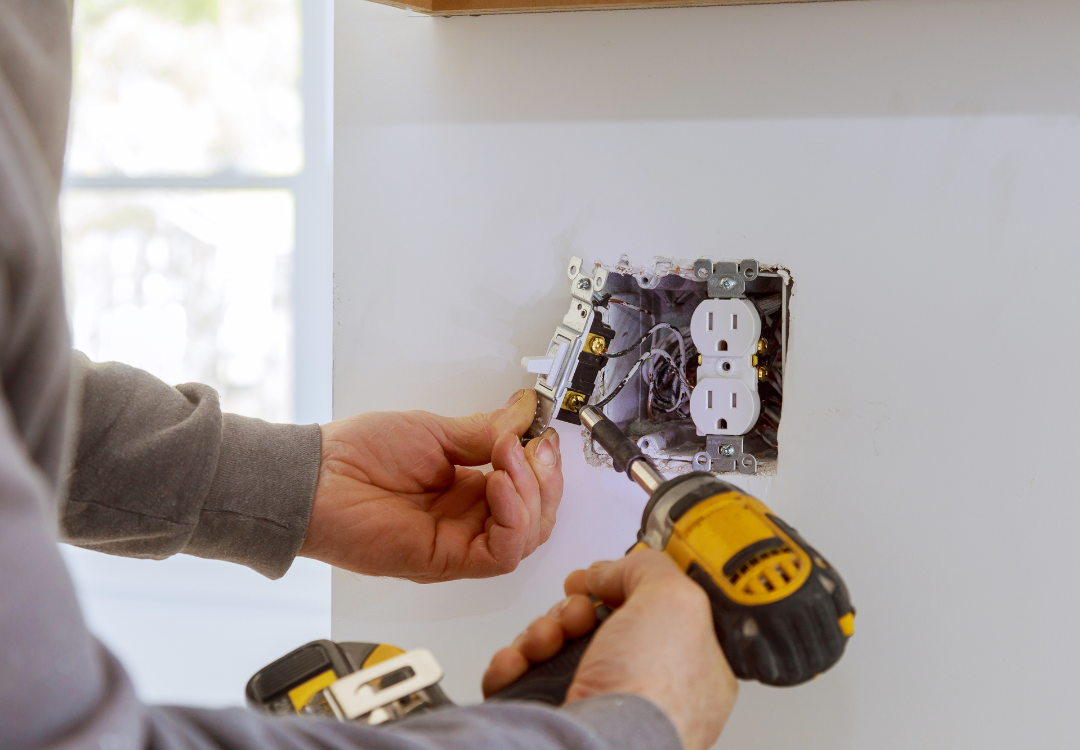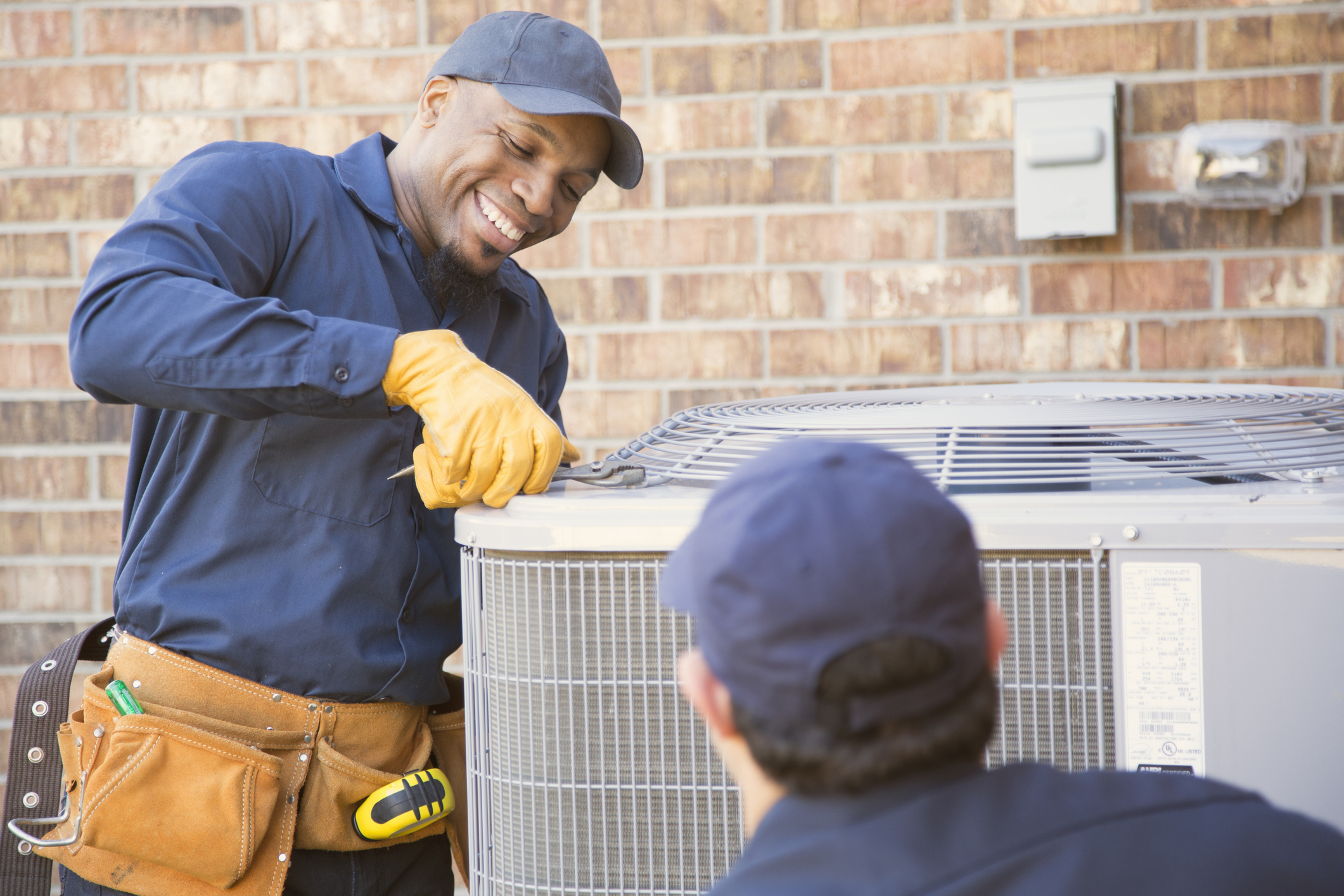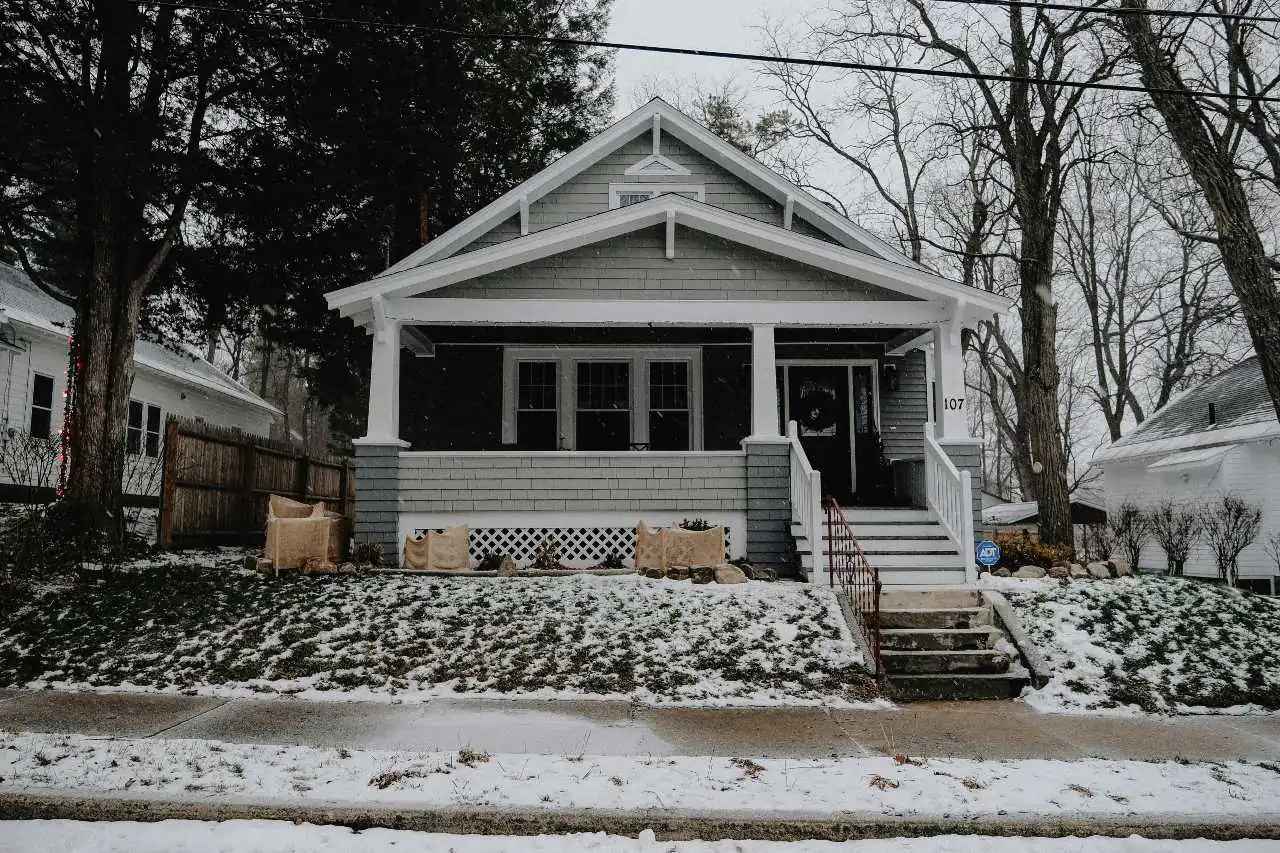Why Hiring a Licensed Electrician Near Me Is Always the Smart Choice

When electrical issues arise in your home—whether it’s a dead outlet, flickering lights, or an outdated panel—your first instinct might be to find a quick fix or the cheapest solution available. But when safety, code compliance, and long-term performance matter, there’s no substitute for hiring a qualified, licensed electrician.
In this guide, we’ll explore why hiring a licensed electrician is so important, what types of services they offer, how they compare to unlicensed or DIY options, and how to identify a reliable local expert. If you’re researching the best electrical service options near you, this article gives you everything you need to make the right call.
What Does “Licensed Electrician” Really Mean?
When you hire a licensed electrician, you’re choosing someone who is certified and legally authorized to perform electrical work in your state or local jurisdiction. Licensing typically requires:
-
Formal training or an apprenticeship program
-
A certain number of supervised work hours
-
Passing an exam on electrical codes and safety
-
Ongoing education to stay up to code
This certification isn’t just a piece of paper—it’s a guarantee that the electrician understands the latest safety regulations, code requirements, and installation practices.
Services Offered by Licensed Electricians
Looking for a complete list of services? Visit our electrical services overview page.
From small residential fixes to large commercial installations, a licensed electrician offers a wide range of services, including:
-
Electrical panel upgrades
-
Rewiring old homes
-
Installing lighting, outlets, and switches
-
Electrical inspections and code corrections
Whether you’re remodeling your kitchen or adding a backup generator, hiring a certified expert ensures your system is safe, efficient, and up to code.

Dangers of Hiring an Unlicensed Electrician
Choosing an unlicensed contractor or attempting DIY electrical work can seem tempting, especially if you think it’ll save time or money. But the risks are significant:
1. Fire Hazards
Faulty wiring is one of the leading causes of residential fires. Without proper training, an unlicensed electrician may leave behind dangerous installations.
2. Insurance Issues
Most home insurance policies do not cover damage caused by unlicensed or non-permitted work. If something goes wrong, you could be left footing the bill.
3. Failed Inspections
Unlicensed work may not pass inspection if you plan to sell or remodel your home. That can lead to costly redos and delays.
4. Code Violations
Electrical codes change often. A licensed professional stays updated and ensures your home meets all requirements.
In short, hiring an unlicensed contractor puts your home, wallet, and family at risk.
Why Local Expertise Matters
Hiring someone local isn’t just about convenience—it’s about finding someone who understands your area’s specific building codes, utility systems, and permit requirements. A local professional:
-
Knows your municipality’s inspection standards
-
Can pull the right permits quickly
-
Is accessible for follow-up service or emergency work
-
Is more invested in local reputation and reviews
Local, licensed electricians also build relationships with inspectors, suppliers, and other contractors, streamlining your project from start to finish.
How to Choose the Right Electrical Contractor
Not all electricians are created equal. Here’s what to look for:
1. Verified License and Insurance
Ask for their license number and verify it with your state. Ensure they carry liability and worker’s comp insurance.
2. Transparent Pricing
A trustworthy contractor will offer clear, upfront quotes—and explain any potential changes.
3. Strong Reviews and Reputation
Check Google, Yelp, or local directories. Look for consistently positive reviews mentioning professionalism, punctuality, and problem-solving.
4. Experience with Your Type of Project
Hiring for a panel upgrade? Make sure the electrician has recent, relevant experience.
5. Clear Communication
The best contractors answer questions clearly, show up on time, and follow through on what they promise.
What to Expect From Your Electrical Service Visit
When you schedule an appointment with a qualified contractor, here’s what typically happens:
-
They assess your issue or installation needs
-
Perform diagnostics using safe, professional tools
-
Provide a detailed quote or repair plan
-
Make code-compliant repairs or installations
-
Clean up the workspace and test your system
Many licensed electricians also offer maintenance plans to prevent future issues and ensure your system runs efficiently year-round.
Real-World Examples: Why Licensed Beats DIY Every Time
Case 1: Faulty DIY Wiring Causes Fire
A homeowner in Gaithersburg attempted to rewire a home office without permits or expertise. A year later, the overloaded circuit caused a fire that destroyed $30,000 in electronics. Insurance refused to cover the damage due to unlicensed work.
Case 2: Failed Home Sale Due to Unpermitted Panel
A buyer walked away from a home purchase in Montgomery County when the inspection revealed the new electrical panel wasn’t permitted or installed by a licensed electrician. The seller had to pay for a full redo before relisting.
Case 3: Smart Home Upgrade Done Right
A certified electrician installed a full smart lighting and security system in a Bethesda home, handling the rewiring, permits, and integration with no issues—earning the homeowner peace of mind and a boost in property value.
Keynotes: Electrical Safety and Market Trends
-
51,000+ residential electrical fires occur annually in the U.S. (NFPA)
-
30% of home buyers ask about panel upgrades during inspection
-
DIY electrical work is one of the top 5 rejected insurance claims
-
Surge protection and EV charger installs are trending in 2024–2025
-
Most municipalities require licensed contractors for any major electrical work
FAQs
Is a licensed electrician more expensive?
Not necessarily. While the upfront rate may be higher than unlicensed contractors, the quality, safety, and efficiency of a licensed electrician typically save you money long term.
How do I verify an electrician’s license?
Ask for their license number and check it through your state’s Department of Labor, Licensing, and Regulation (DLLR) website.
Do I need a licensed electrician for small jobs?
Yes. Even small jobs like outlet installation or lighting upgrades can pose risks if done improperly. Local codes often require a licensed pro.
Will they handle permits and inspections?
Yes. A licensed contractor will take care of pulling permits and coordinating inspections as part of the service.
How often should I have my home’s electrical system inspected?
Every 3–5 years for newer homes, or annually for homes over 30 years old, especially if you’ve added new appliances or updated systems.
Final Thoughts
When electrical problems strike, don’t settle for shortcuts or handymen. Hiring a licensed electrician is an investment in safety, compliance, and peace of mind. Whether you need a quick fix, a major upgrade, or preventive maintenance, certified local pros are ready to help.
At Michael Bonsby, our licensed electricians bring professionalism, experience, and transparency to every project—residential or commercial. Your home deserves the highest standard of care, and we deliver it.
📞 Contact us today to schedule your electrical service with a licensed professional in your area.
Contact Us Today Full Width




